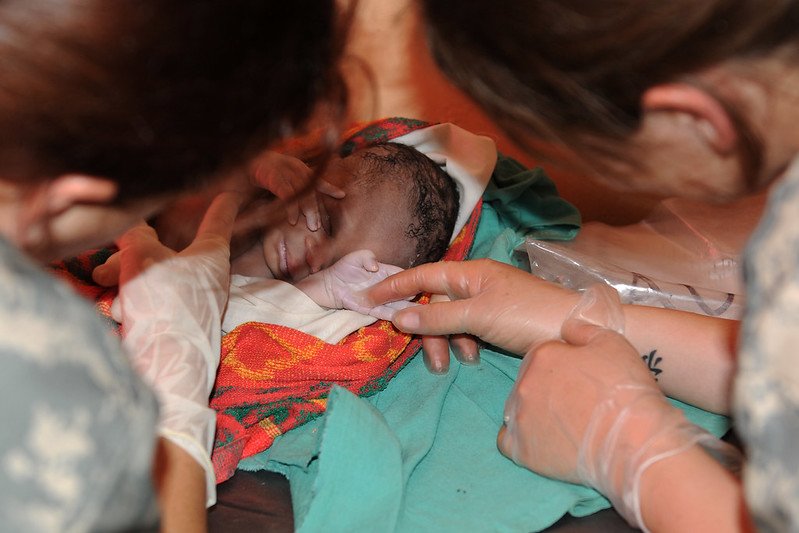
– Massachusetts General Hospital (MGH) and Current Health partner to leverage health technology to reduce maternal deaths/complications following C-section in sub-Saharan Africa.
– Current Health and MGH will provide healthcare providers at the Mbarara University of Science and Technology (MUST), a Ugandan hospital, with Current Health’s solution to help them more closely monitor and manage women’s vital signs after C-section deliveries.
Current Health, a New York City-based provider of FDA-cleared, artificial intelligence (AI)-powered patient management platform, today announced that it will collaborate with Massachusetts General Hospital (MGH) and the Mbarara University of Science and Technology (MUST) in a study aimed at reducing maternal deaths and severe complications following cesarean delivery in Sub-Saharan Africa.
Impact of High Maternal Mortality Rate in Sub-Saharan Africa
In sub-Saharan Africa, a woman faces a 1 in 37 chance of dying due to pregnancy or childbirth-related complication, the highest maternal mortality rate globally. This accounts for more than two-thirds of all maternal deaths worldwide each year. Many of these deaths are preventable, especially those that occur within 24 hours of cesarean delivery. But with an extreme shortage of healthcare providers – in 2013, sub-Saharan Africa had a deficit of an estimated 1.8 million health workers – detecting childbirth issues before they become crises can be extremely challenging.
Study Details
With a focus on using technology and innovation to identify patients at risk of deterioration – especially in environments with a poor staff-to-patient ratio – Current Health is uniquely positioned to tackle this pervasive issue. The Current Health platform provides real-time patient data to healthcare providers, enabling doctors and nurses to monitor a patient’s condition no matter where they are located. With this information, healthcare providers can prioritize care to those at the highest risk of deterioration.
Through the initiative – funded by the National Institutes of Health and led by Adeline Boatin, MD, MPH, lead investigator and physician in the department of Obstetrics, Gynecology at MGH, and Joseph Ngonzi, MBChB, senior lecturer in the Department of Obstetrics and Gynecology, Faculty of Medicine at MUST – Current Health will provide its patient management platform to healthcare providers at Uganda’s Mbarara Regional Referral Hospital.
“Ensuring that all women have access to quality healthcare no matter where they live is deeply important,” said Dr. Boatin. “By studying the use of patient management technology, we hope to identify the role it may play in improving healthcare in resource-limited settings and preventing maternal death and complications.”
Initiative Key Outcomes/Results
Providers will use Current Health’s solution to more closely manage patients after cesarean delivery with the goal of improving the detection of the potential crisis following childbirth. Together, Current Health, MGH and MUST aim to provide improved care to 1,235 women in the first 12-24 months of the study.
“Current Health’s mission is to create a world where no one dies from preventable death and where healthcare is proactive, not reactive,” said Chris McCann, CEO, Current Health. “With this study, we immediately recognized an opportunity to make an enormous and positive impact on healthcare in this region. Our technology may be ideally suited to the rural environment of sub-Saharan Africa, monitoring the vitals of postpartum women to ensure they remain in stable condition after giving birth. With Drs. Boatin and Ngonzi and their team, we believe that we can have an incredible impact.”
